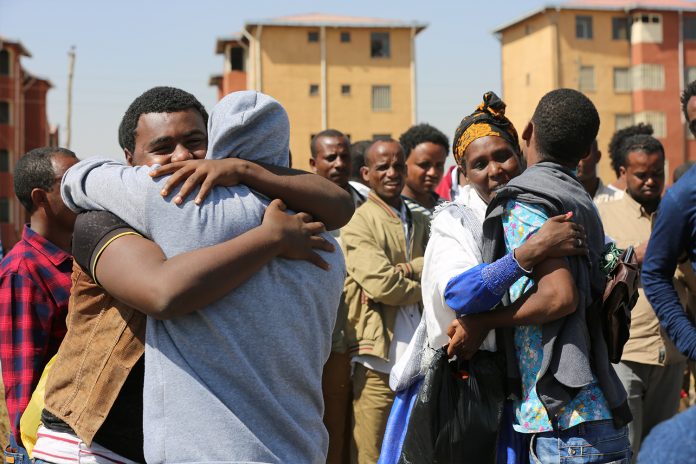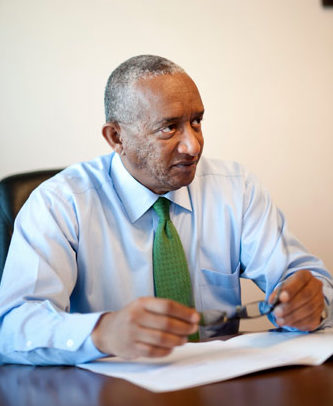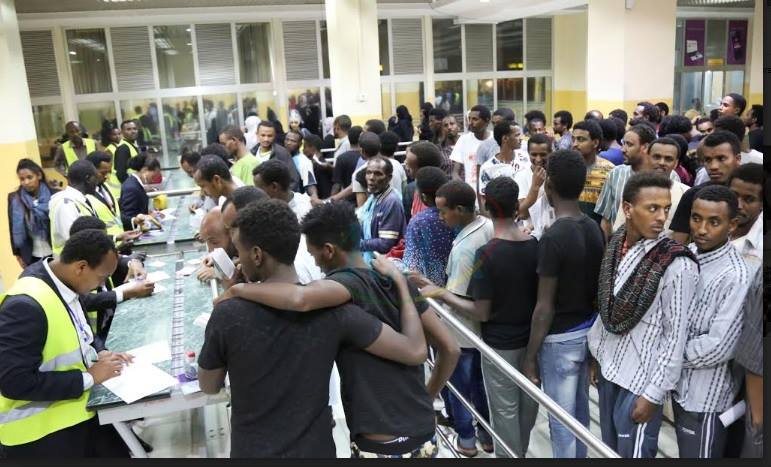The number of mobile and fixed-line telephone subscribers in Ethiopia has reached 66.2 million, said Ethio-telecom, a company which provides telecommunications services in the country.
Upgrading works carried out over the past few years allowed the country to own a telecom company which meets international standards, said Dr Andualem Admassie, CEO of the company in an exclusive interview with FBC.
He said the expansion and upgrading works that were undertaken over the past 12 years, in particular, played a key role in transforming the telecom company which will turn 125 years old next year.
The government has invested hugely to improve the sector in the reported period, the CEO said, citing the 1.5 billion US dollars spent in 2006 as a case in point.
As a result of this upgrading works, demands for mobile and fixed-line telephone services increased in the country, the CEO indicated.
In order to meet these demands and provide better services for clients, Ethio-telecom outsourced its management to a French company at a cost of 30 million Euro, Dr Andualem said.
During its two and a half years management, the French company improved the administrative, distribution, marketing, sales, communications and network capacity of Ethio-telecom, he indicated.
The country has now a network capacity which could accommodate over 80 million mobile subscribers, he noted.
According to him, the number of mobile and fixed-line telephone subscribers in the country has hit 66.2 million now.
Ethio-telecom recently announced that it has secured 27.79 billion birr in revenues in the first nine months of this Ethiopian fiscal year.
When asked about complaints of clients on high prices of service charges of the telecom sector, the CEO said Ethiopia is one of the countries that have least tariffs in fixed-line telephone service.
However, prices adjustment will be made on mobile data tariffs benchmarking East African and other countries.
Regarding problems of network quality, Dr Andualem blamed the theft in fibre optic as the cause of the problem.
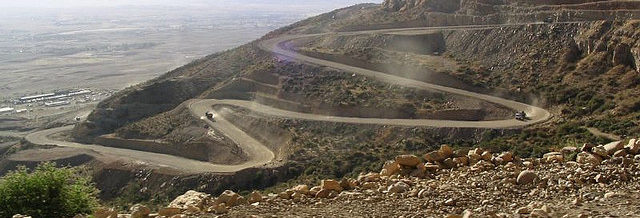
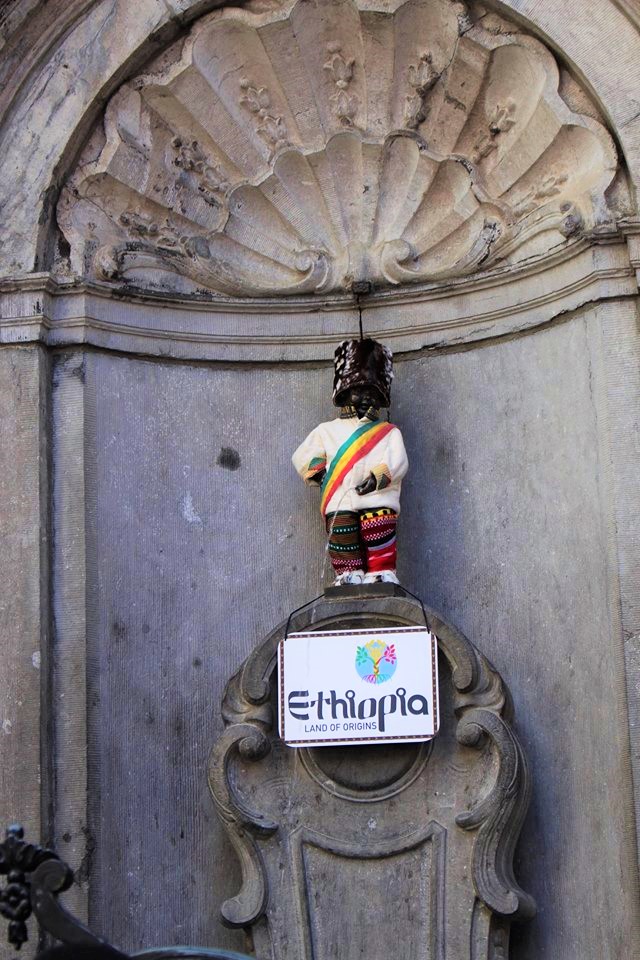
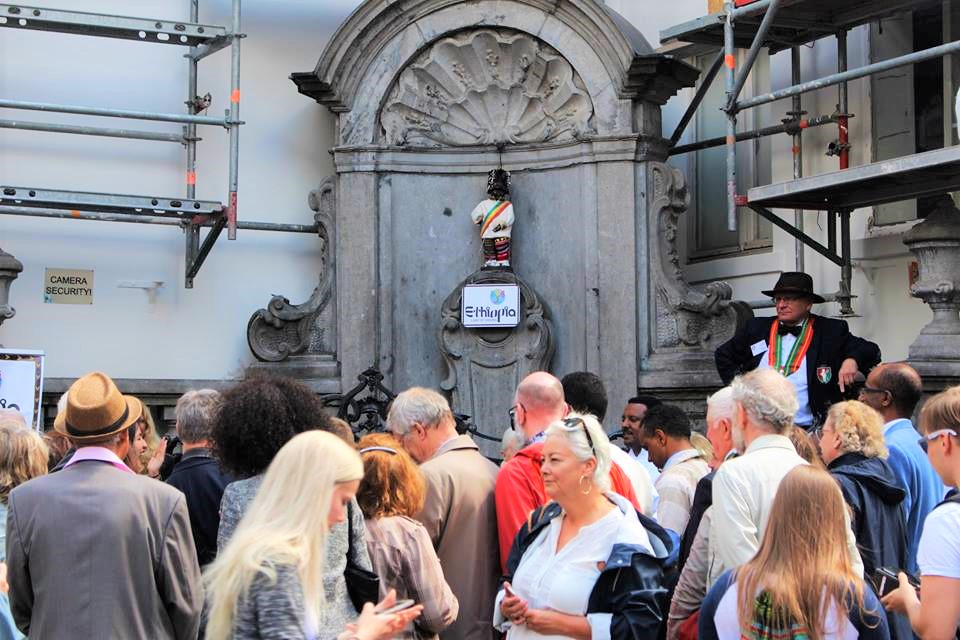
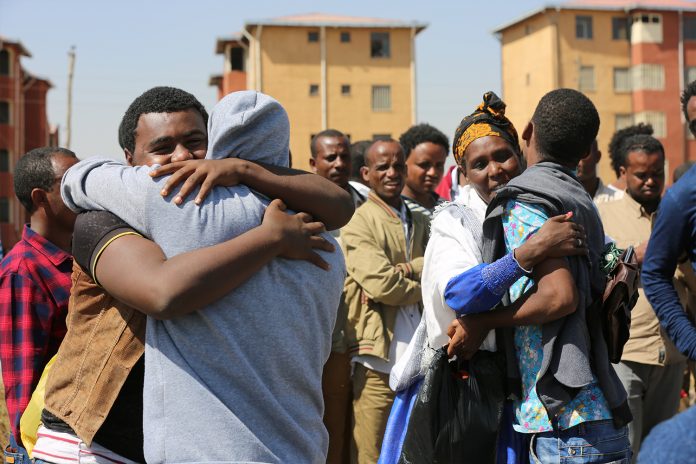

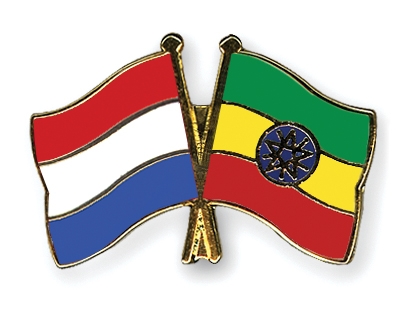
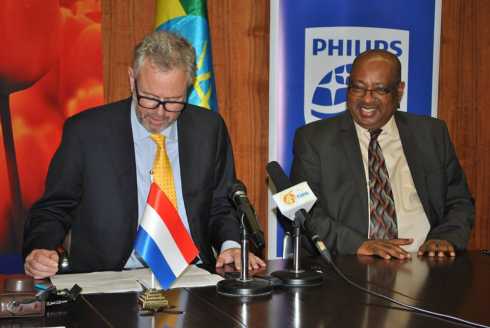
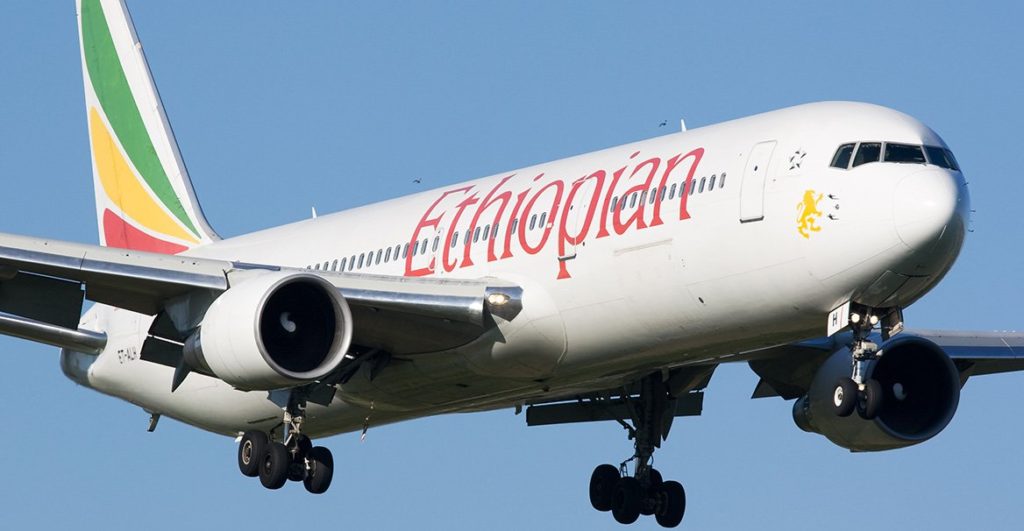
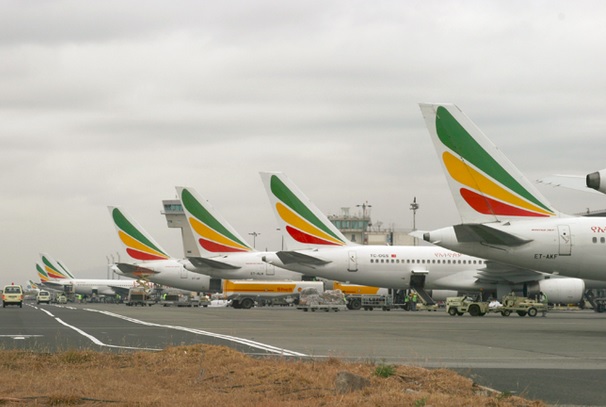 Ethiopian Airlines (Ethiopian) announced that it will take delivery on 5 June 2018 of its 100th aircraft, a Boeing 787-900.
Ethiopian Airlines (Ethiopian) announced that it will take delivery on 5 June 2018 of its 100th aircraft, a Boeing 787-900.